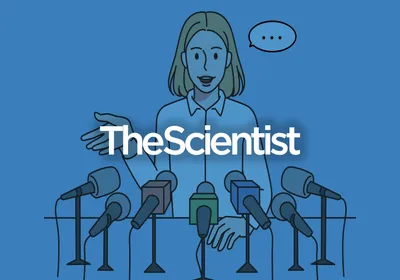 FLICKR, THEREALDAVIDFRANCISPhysicist David Harris finds the current convention of scientific publishing—in which researchers conduct experiments in private before making their novel ideas public—inefficient. So he developed a platform that enables researchers to publish their ideas online in real time, making them immediately available for public scrutiny. The Journal of Brief Ideas, which launched in beta this month, is a citable online index of research articles that are 200 words or fewer.
FLICKR, THEREALDAVIDFRANCISPhysicist David Harris finds the current convention of scientific publishing—in which researchers conduct experiments in private before making their novel ideas public—inefficient. So he developed a platform that enables researchers to publish their ideas online in real time, making them immediately available for public scrutiny. The Journal of Brief Ideas, which launched in beta this month, is a citable online index of research articles that are 200 words or fewer.
Similar to preprints, non-peer-reviewed articles that are published online, articles published in Brief Ideas do not necessarily resemble the traditional publication format. There’s no need to include materials and methods, for example. An author might choose to submit only a research proposal of sorts.
“There is intellectual capital locked up in the heads of scientists rather than circulating in the scientific community,” said Harris. As a result, he added, “people often get similar ideas around about the same time, frantically work on it for quite a long time, put a lot of resources into it, without even necessarily knowing if there are other people doing the exact same thing.”
Because their submissions will be searchable, time-stamped, and open-access, authors can easily claim credit for their ...

















